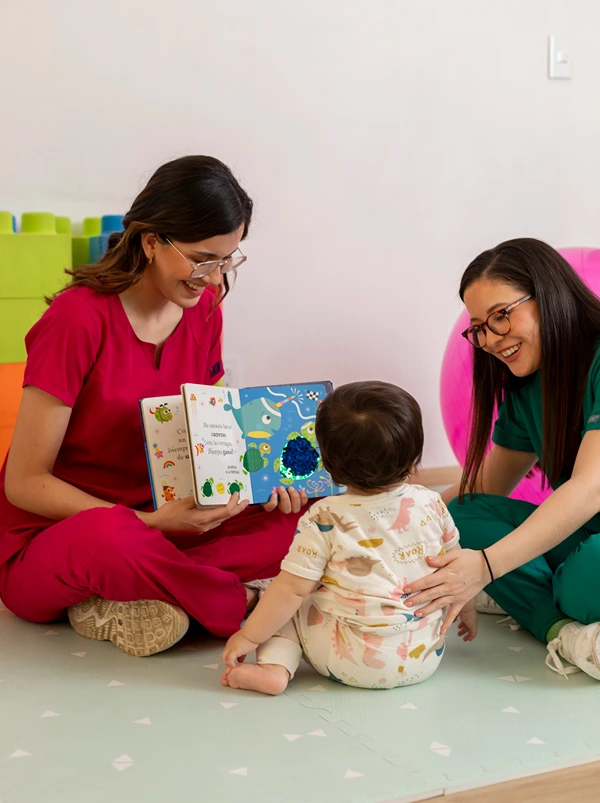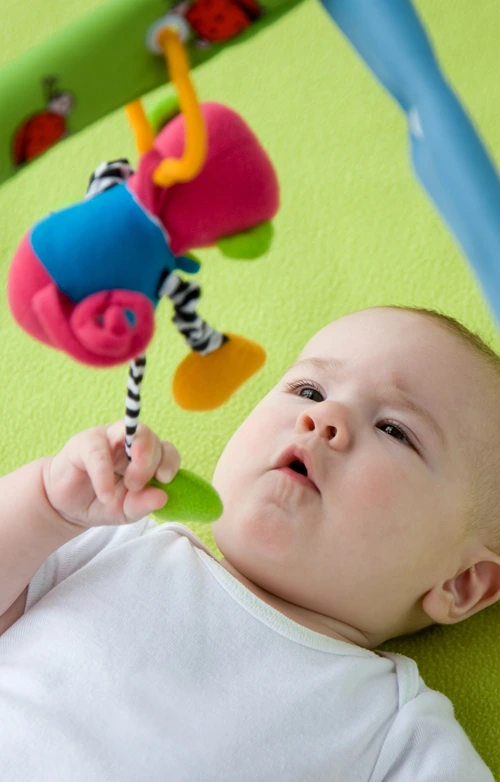Choosing the Right Crib for Early Childhood Development: A Guide for Parents
Selecting a crib for your child is more than just a matter of comfort—it plays a critical role in their early development, safety, and overall well-being. Parents need to understand what features support healthy growth, ensure safe sleep, and create a nurturing environment that encourages developmental milestones.
When it comes to choosing a crib, parents face many options, from traditional wooden styles to modern convertible designs. Where you child sleeps can do more than provide a safe place to sleep—it can also support early childhood development. With a focus on security, comfort, and ergonomic support, the right crib helps promote healthy sleeping posture while giving parents peace of mind.
Understanding the Importance of Sleep in Early Childhood
Sleep is a vital component of a child’s development. According to the American Academy of Pediatrics, adequate sleep supports brain growth, emotional regulation, and cognitive development in children. A crib that promotes a safe and comfortable sleep environment ensures that your child can achieve restorative sleep consistently.
Beyond safety, the design of a crib can influence sleep quality. Proper mattress fit, breathable materials, and an ergonomic structure can prevent common sleep disruptions such as tossing, turning, or discomfort. A crib manufacturer that focuses on combining these features, along with robust safety features, provide parents with peace of mind while ensuring their child’s developmental needs are met.
Safety Features Every Crib Should Have
Ensuring your child’s safety while they sleep is non-negotiable. Experts recommend the following crib safety standards:
- Sturdy Frame Construction: The crib should be made of high-quality materials that prevent wobbling or tipping. Solid wood construction offers a stable foundation and durability.
- Adjustable Mattress Height: A crib that allows the mattress height to be lowered as your child grows reduces the risk of falls.
- Non-Toxic Materials: Paints and finishes should be free of harmful chemicals, protecting your child from potential toxins.
- Slat Spacing Compliance: Proper slat spacing prevents children from slipping through or getting stuck. Current safety guidelines suggest slats no more than 2 3/8 inches apart.
- Convertible Options: Some cribs can transform into toddler beds or daybeds, extending usefulness while maintaining safety standards.
By selecting a crib that meets these criteria, parents can significantly reduce the risk of accidents and create a secure sleeping environment for their children.
Ergonomics and Comfort Matter
While safety is paramount, comfort and ergonomics play a crucial role in your child’s well-being. A well-designed crib provides adequate support for a child’s developing spine and encourages healthy sleeping positions. Ergonomic considerations include mattress firmness, height, and ventilation.
Only a quality crib offers supportive mattress base and well-spaced slats for airflow. This attention to comfort helps reduce the risk of sleep disturbances and promotes proper physical development during critical growth stages.
Supporting Cognitive and Emotional Development
A crib is not just a place for sleep; it is part of the child’s environment that influences cognitive and emotional growth. Early childhood experiences, including the comfort and security provided by a safe sleeping space, contribute to the development of social skills, emotional regulation, and stress resilience.
Research has shown that children who sleep well in safe, structured environments exhibit improved attention spans, memory retention, and mood regulation. By choosing a crib designed with child’s utmost well-being in mind, parents are providing more than just a bed—they are fostering an environment that encourages healthy brain development and emotional well-being.
Tips for Maintaining a Safe and Healthy Sleep Environment
Parents should also consider the following tips to ensure their child’s crib environment remains safe and conducive to development:
- Keep the crib clear of soft toys and pillows: Loose items can pose suffocation hazards.
- Regularly check crib hardware: Ensure that screws, bolts, and joints remain tight and secure.
- Maintain cleanliness: Wash bedding frequently and clean the frame to prevent dust accumulation, which can trigger allergies.
- Positioning: Place the crib away from cords, blinds, and windows to avoid entanglement or falls.
By combining a high-quality crib with safe sleep practices, parents can create an environment where their child thrives physically, mentally, and emotionally.
Integrating Parental Controls and Monitoring
While cribs focus on physical safety, modern parenting also benefits from monitoring tools that enhance online safety for children. Parents increasingly use baby monitors and smart devices to track sleep patterns and ensure well-being, integrating both offline and digital safety measures.
A secure crib combined with smart monitoring can alert parents to unusual movements or sleep disturbances, enabling timely intervention. This approach ties into broader strategies for child safety, including online and physical environments, highlighting the interconnected nature of modern child development.
Supporting Early Education Through the Sleep Environment
A safe and comfortable crib indirectly supports early education by ensuring children are well-rested and attentive during learning activities. Adequate sleep improves concentration, memory retention, and engagement, all essential for successful educational outcomes.
Moreover, the comfort and stability of well-designed cribs allow parents to focus on early learning interventions without worrying about sleep disruptions. From introducing age-appropriate reading routines to practicing sensory activities, well-rested children are better prepared to absorb and engage with new concepts.
Selecting Cribs for Long-Term Use
Parents should consider longevity when selecting a crib. Convertible cribs that adapt to a child’s growth offer both economic and practical advantages. By investing in a crib that transitions from infancy to toddlerhood, parents minimize the need for multiple purchases while maintaining consistent sleep quality.
A crib should offer convertible features that make it suitable for children beyond the infant stage. Its durable design ensures it withstands years of use, maintaining safety standards as your child grows.
External References for Parents
To further support safe sleep and early childhood development, parents can consult additional resources:
- American Academy of Pediatrics – Safe Sleep Recommendations – Provides comprehensive guidance on safe sleep practices for infants.
- Centers for Disease Control and Prevention – Child Development Offers educational insights into developmental milestones and sleep’s role in growth.
- National Sleep Foundation – Sleep and Children – Discusses how sleep quality impacts cognitive and emotional development in children.
Conclusion
Choosing the right crib is a critical decision that goes beyond aesthetics. A safe, ergonomic, and well-constructed crib directly impacts a child’s physical, cognitive, and emotional development. Researching cribs that combine thoughtful design, durability, and safety features, provide an ideal environment for early growth and learning.
Parents should prioritize cribs that adhere to safety standards, support ergonomic sleep, and facilitate long-term usability. By pairing a high-quality crib with safe sleep practices, monitoring tools, and educational routines, parents create a foundation for their child’s well-being, development, and future success.











